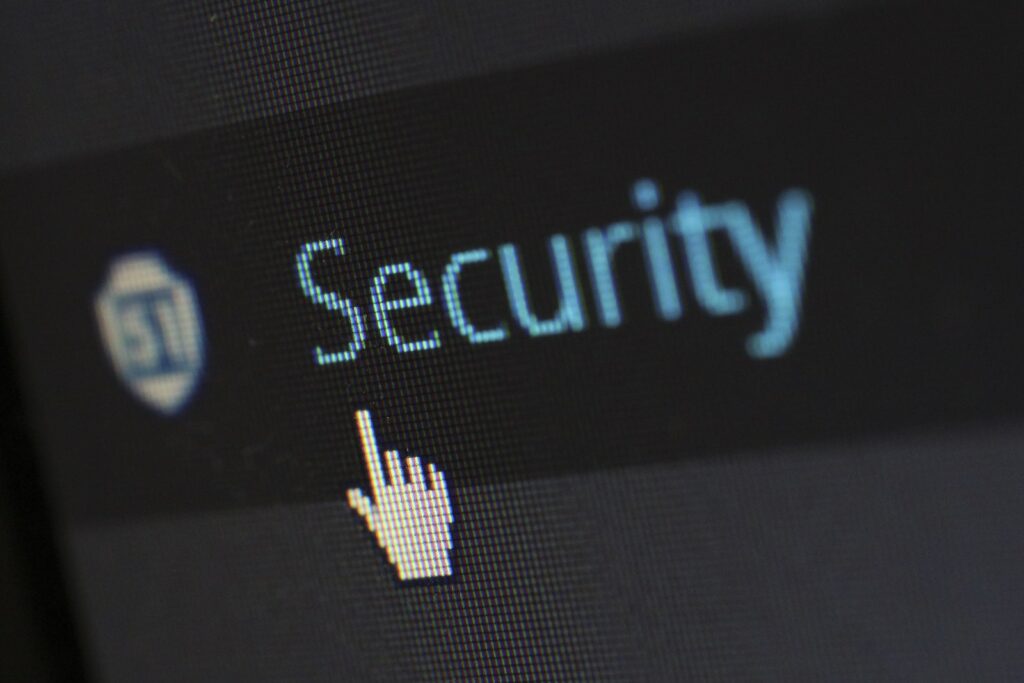The increasing digital transformation of society as a result of Covid-19 has accelerated the importance of cybersecurity in New Zealand. With businesses, government departments, and individuals relying heavily on the internet for communication, information storage, and financial transactions, the risk of cyberattacks has risen to unprecedented levels. In order to protect their assets and data, it is important for New Zealanders to be aware of the current state of cybersecurity and the measures that can be taken to stay safe and secure in the digital age.
Threats to Cybersecurity
New Zealand is no stranger to cyberattacks, with businesses and government departments in particular being targeted due to the availability of sensitive financial data and other confidential information. The most common type of attack is cybercrime, which includes malicious hacking, phishing scams, malware and ransomware, and Denial of Service (DoS) attacks. Cybercriminals will often attempt to gain access to networks in order to steal data, manipulate or destroy networks, or demand a ransom in return for access. Other threats include espionage, political interference, sabotage, and identity theft.
Current Security Practices
Businesses and government departments in New Zealand have begun to implement increasingly sophisticated cybersecurity measures in order to protect their assets and data. These measures often include:
- Multi-factor authentication for logging into networks and using online services
- Regular patching of software and operating systems
- Encrypting data to protect against unauthorised access
- Restricting access to privileged networks and accounts
- Enforcing secure passwords and regular password changes
- Educating staff and users on how to identify and respond to cyber threats
- Investing in advanced cybersecurity solutions such as firewalls, intrusion prevention systems, and AI-driven security tools
The New Zealand Government is also heavily investing in cybersecurity initiatives to protect national infrastructure and to help promote a secure digital economy. The recent National Cyber Security Strategy provides a platform for the government to implement a comprehensive suite of cybersecurity measures, from developing policy frameworks to investing in resources, training, and technologies.
Staying Secure
Individuals and organisations in New Zealand need to take responsibility for their own cybersecurity. It is important to be aware of the current threats and to have robust measures in place to protect against them. To stay secure online, New Zealanders should consider the following measures:
- Educate yourself and your staff on cybersecurity. Make sure you are up to date on the latest threats and have the knowledge and resources to identify and respond to any suspicious activities.
- Ensure your systems are up to date. Regularly check and apply any necessary software updates or patches to ensure your systems are secure and up to date.
- Enable two-factor authentication. Where possible, use two-factor authentication to provide an extra layer of security when logging into accounts and networks.
- Use secure passwords. Avoid using passwords that can easily be guessed or cracked, and make sure your passwords are changed on a regular basis.
- Back up your data. Having a secure back-up of your data will ensure that you are able to recover any important information in the event of a cyberattack.
By following the above advice, New Zealanders can help protect themselves, their organisations, and their data against cyber threats. Cybersecurity is an ever-evolving area and it is important to stay aware of the latest developments in order to stay safe in the digital age.

